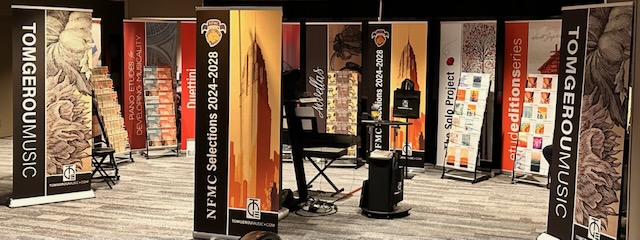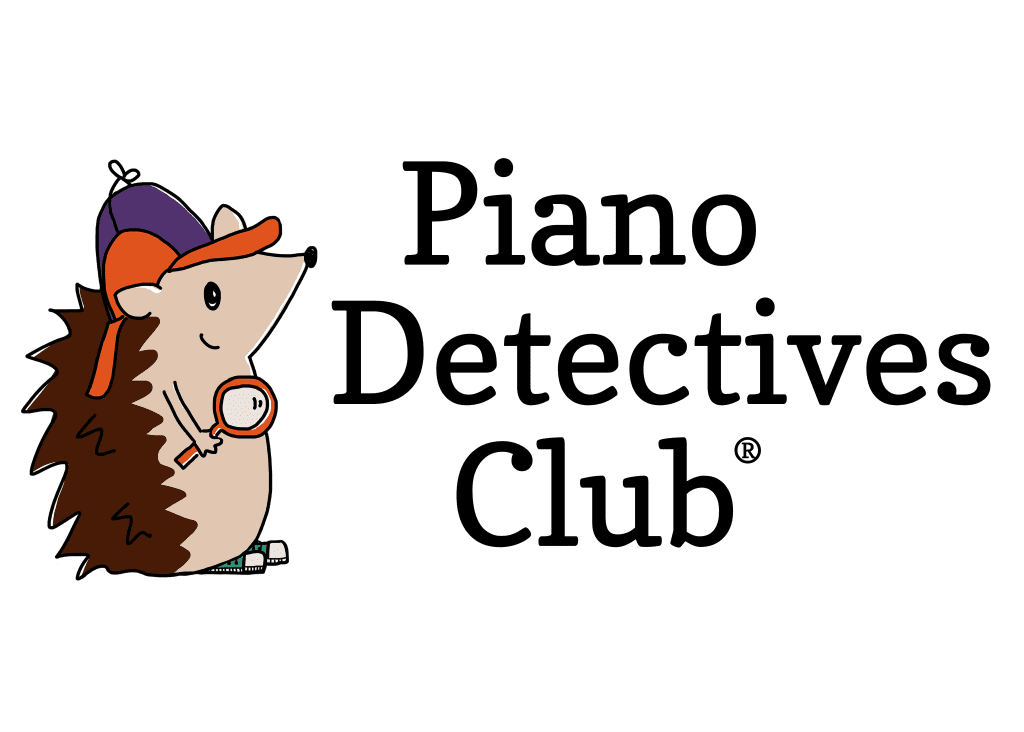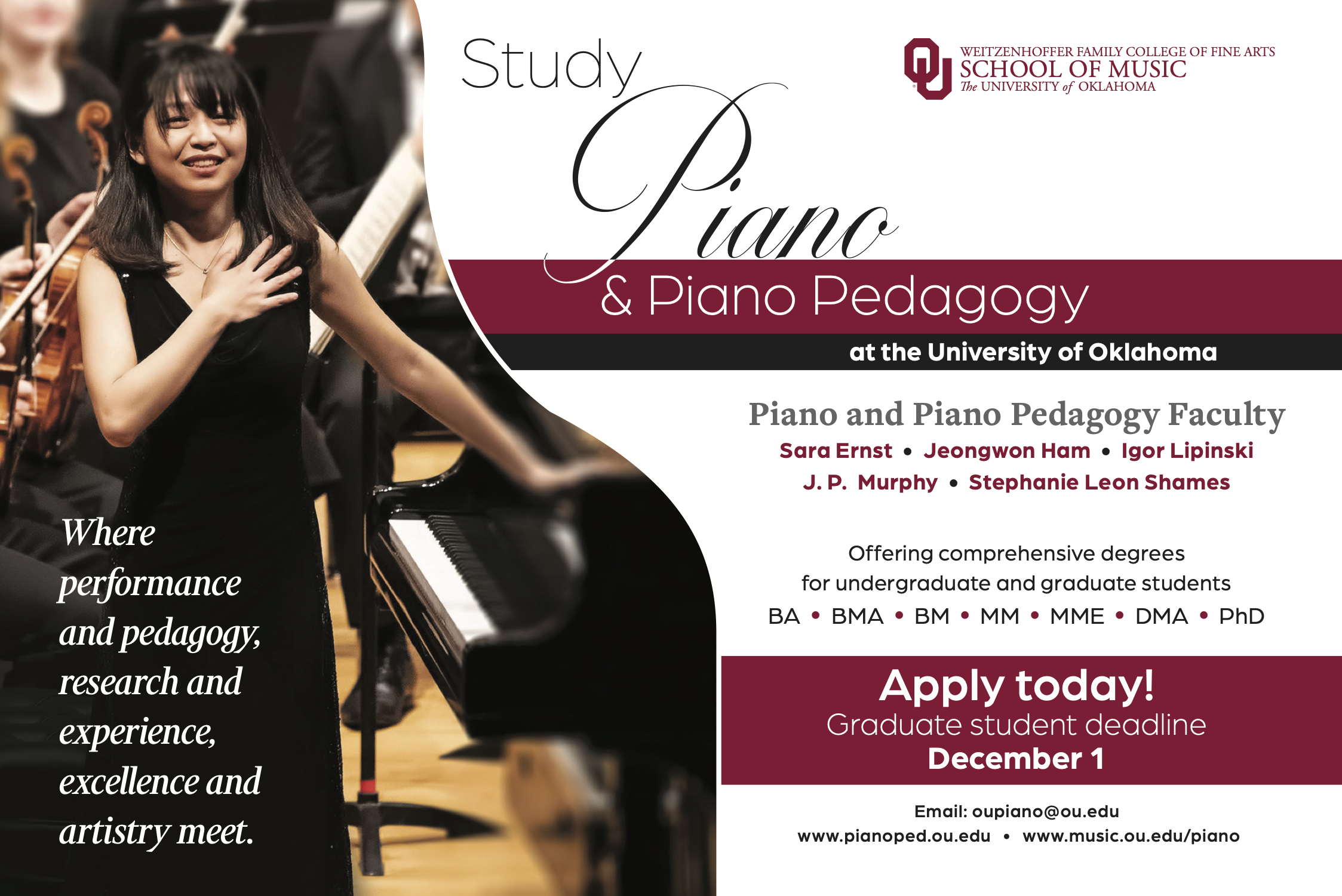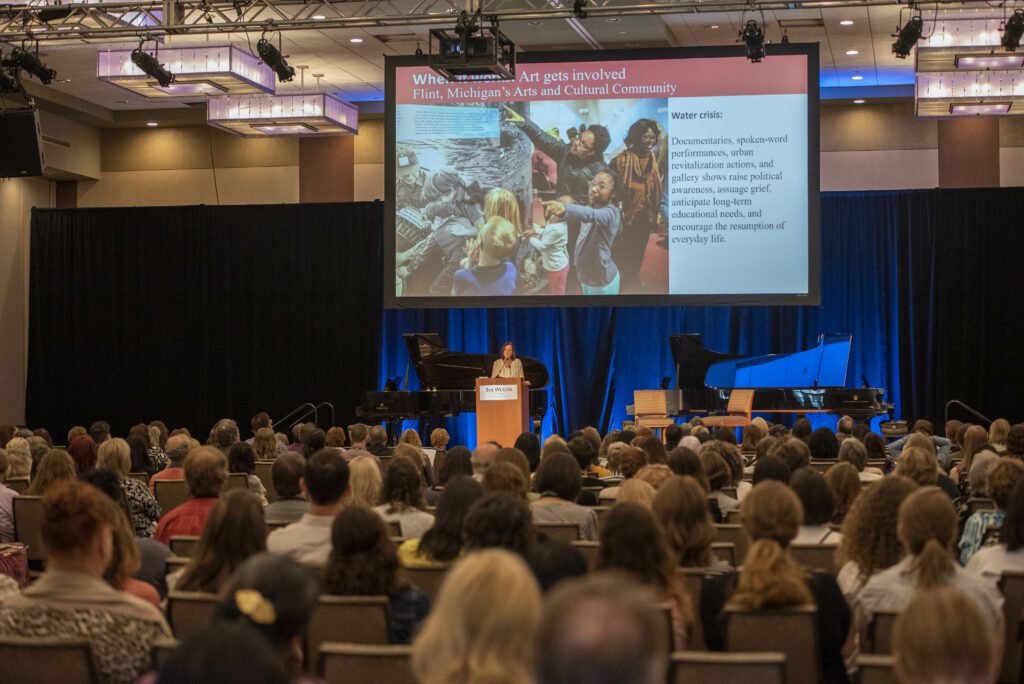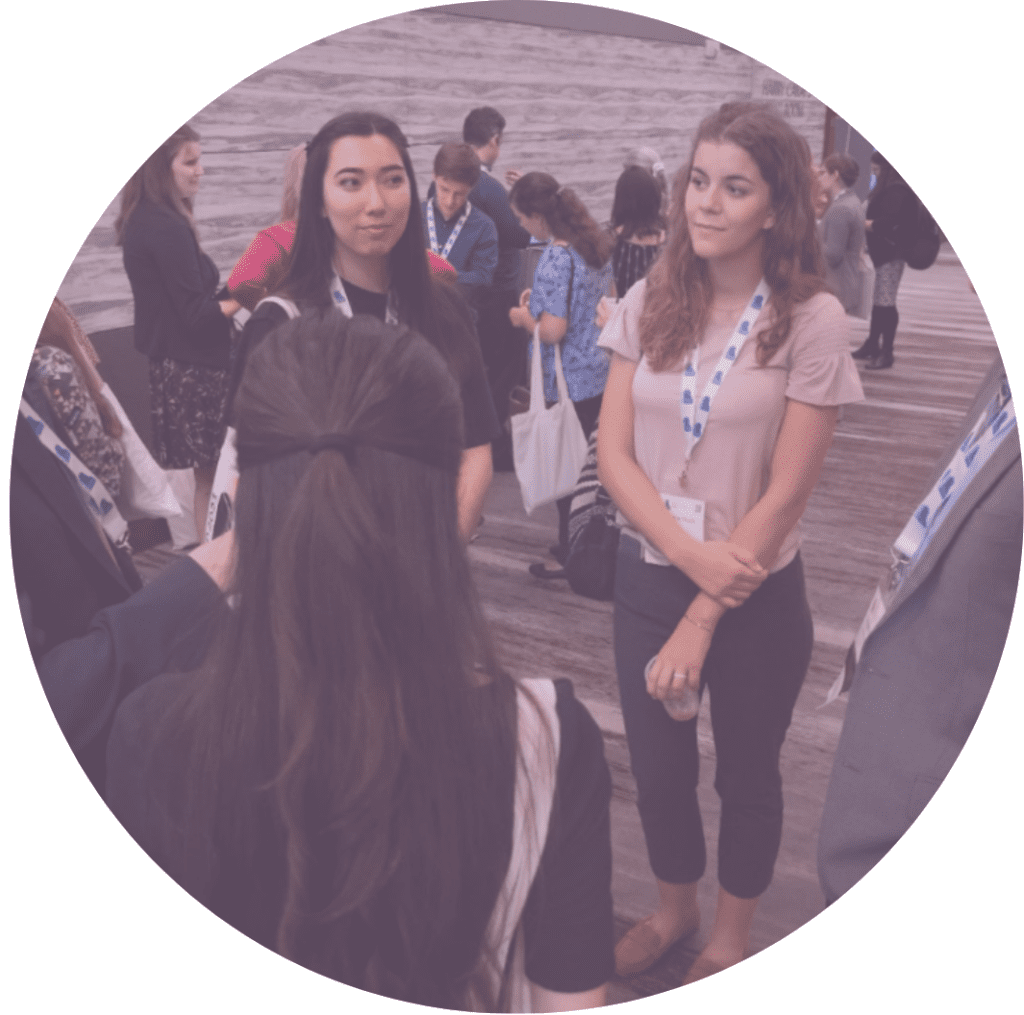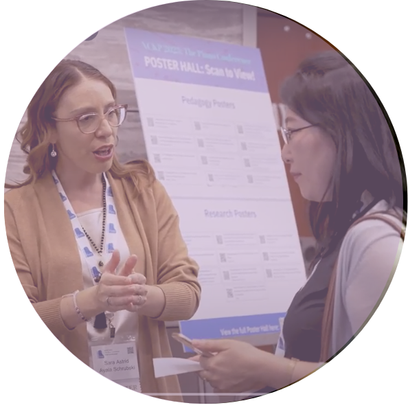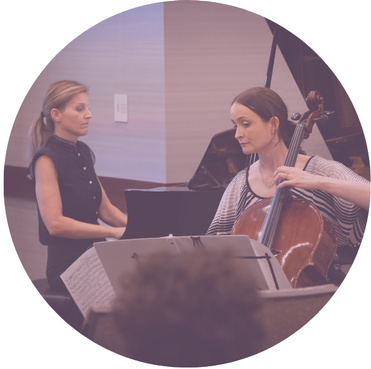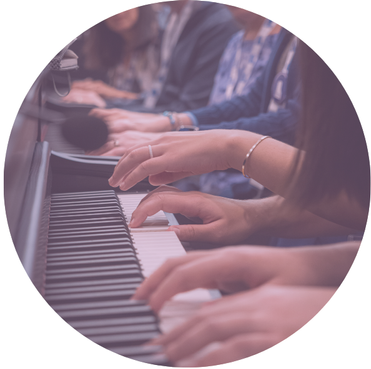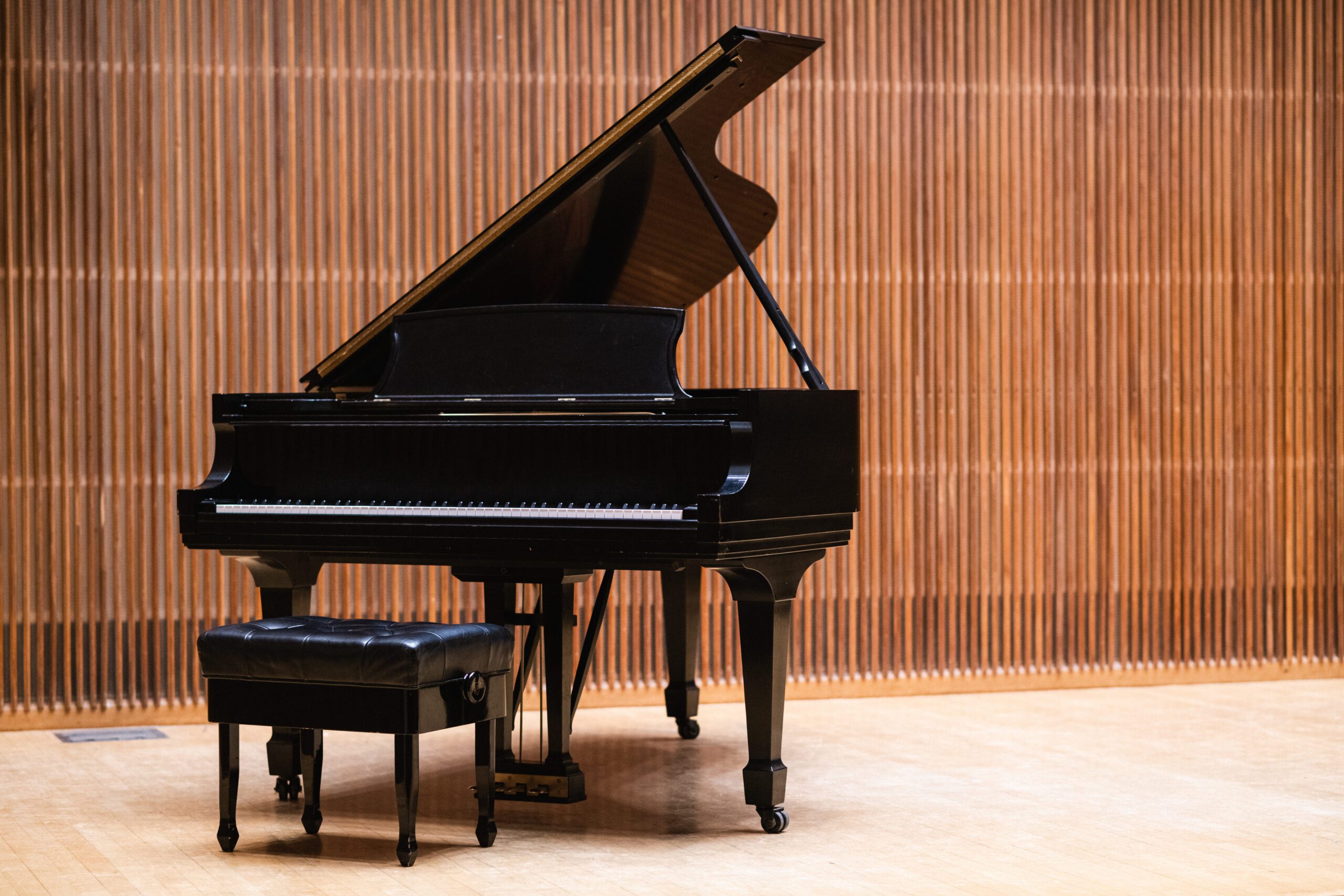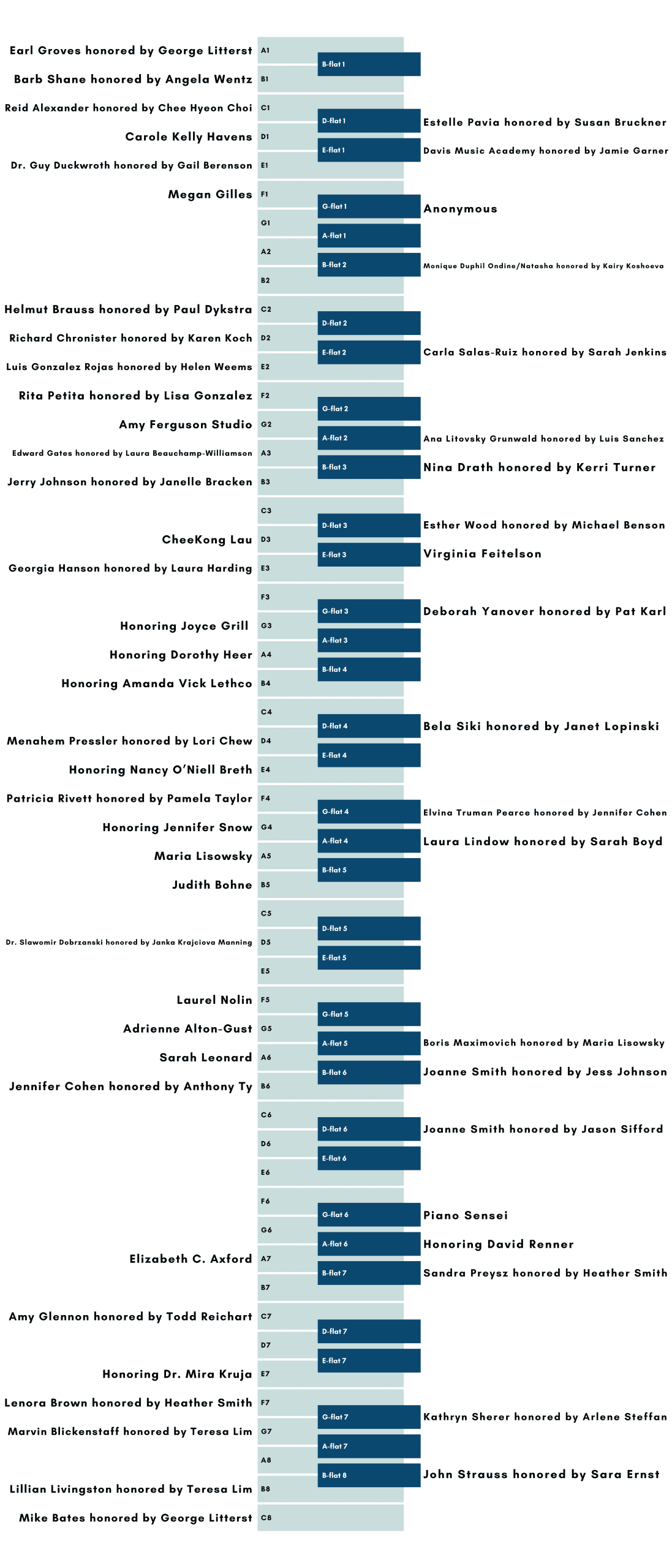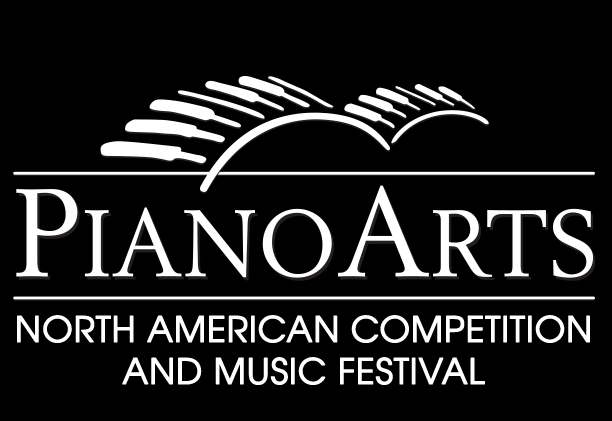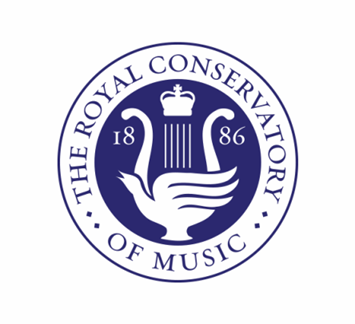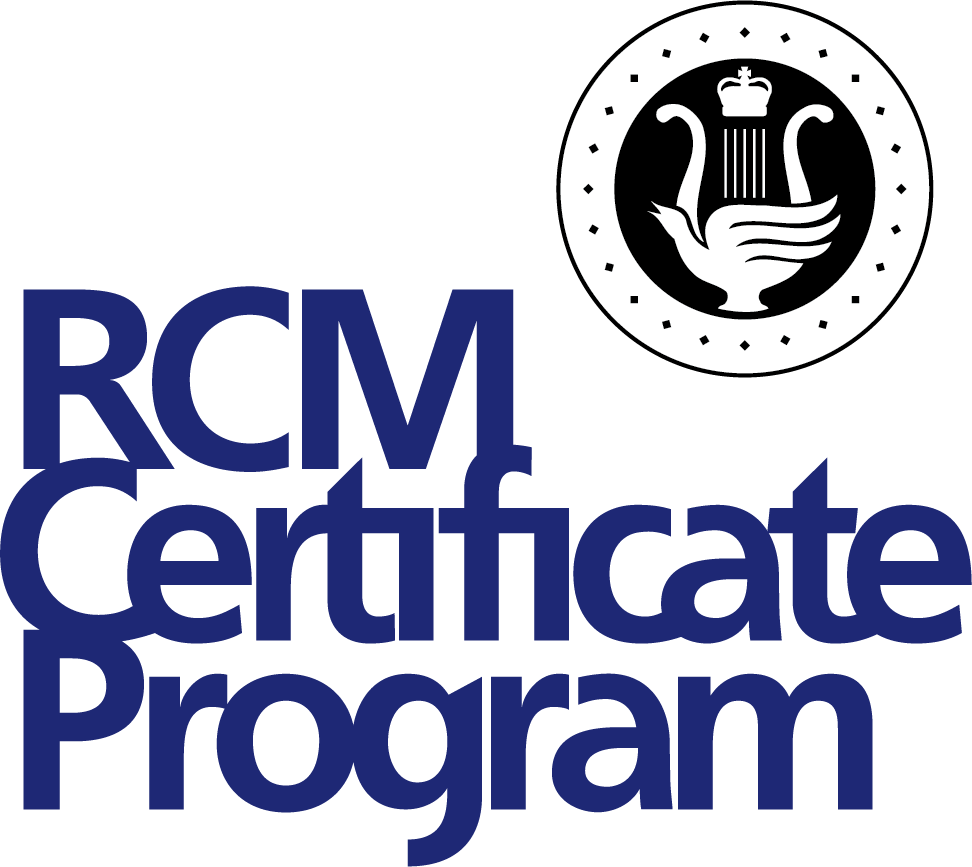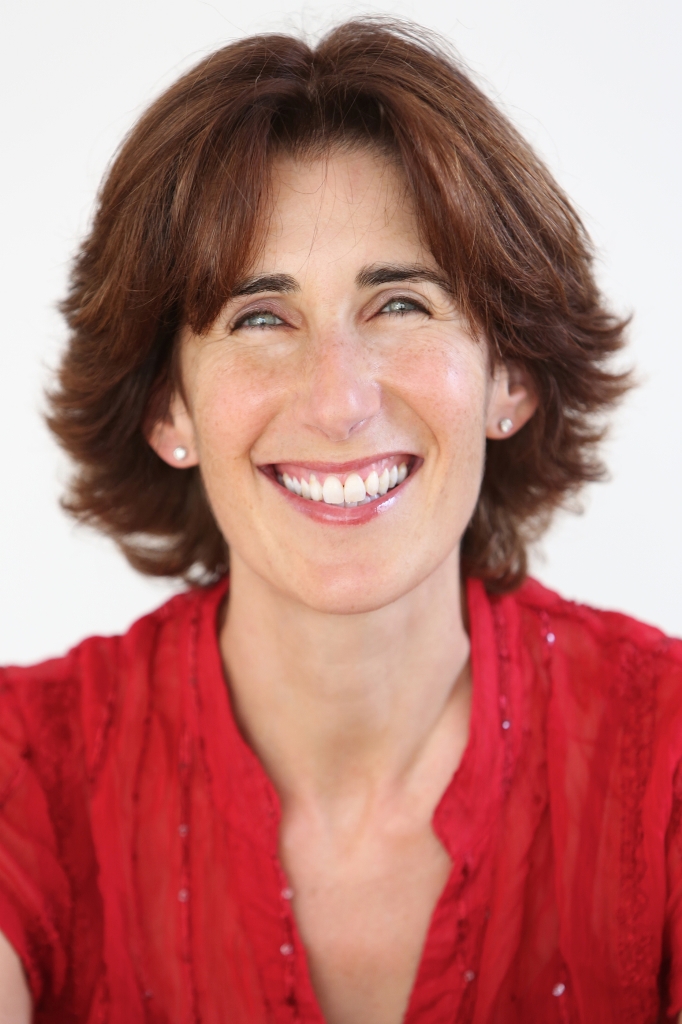We would like to thank Sarah Masterson for this article on pianist and composer Philippa Schuyler. Interested in learning more about Philippa Schuyler? Attend her session at The Piano Conference: NCKP 2025 on Thursday, July 24 from 11:30 AM – 11:55 AM in Lilac B. Learn more and register for the conference here.
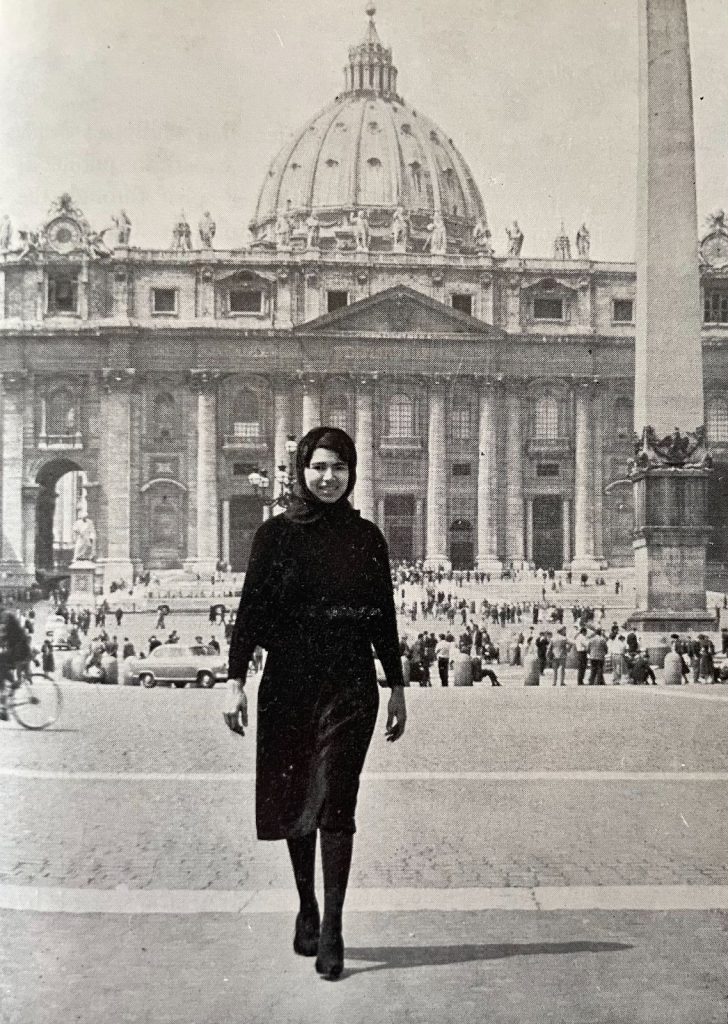
1. Famous as a child prodigy, Schuyler wrote fifty compositions by age ten.
Composing by age four, Schuyler began performing her own music in concerts at age six. Her childhood works tend to be related to events in her life or books she read. For example, the book 1001 Tales of the Arabian Nights inspired her Suite from the Arabian Nights, while Cockroach Ballet tells the story of the roaches that lived in her kitchen. In1946, at age 15, Time Magazine called her the “brightest young composer in the U.S.”1
2. She performed in approximately 80 countries on five continents.
When Schuyler was 19, she embarked on her first solo concert tour, without any chaperone, beginning with a performance at the 1950 inauguration of Haitian president Paul Magloire. Traveling nearly continuously, Schuyler went on to visit 35 countries on five continents by age 23. Her first adult compositions arrange folk music heard on her travels.
3. As a journalist, she reported on the 1960 Congo Crisis.
In 1960, Schuyler was invited to perform for the inauguration of the new Congolese president and prime minister on the occasion of the Congo’s independence from Belgium. In the days following, the country descended into chaos. Rather than immediately fleeing the violence, Schuyler stayed several days to try to get the story, only leaving for her next concert engagement in Ghana. In subsequent months, she interviewed survivors in Belgium and returned to the Congo, reporting on the violence resulting from the state of Katanga’s recent secession. She remained there for weeks, investigating politics and possible war crimes.
4. She premiered her piano concerto Nile Fantasy with the Cairo Symphony in 1965.
Schuyler’s piano concerto Nile Fantasy premiered with the Cairo Symphony in December 1965, with Schuyler at the piano and Dennis Gray Stoll at the podium. Its four movements—“Rebellion,” “Inshallah,” “The Terror,” and “The Road to Victory”—orchestrate sections from her White Nile Suite and Seven Pillars of Wisdom. The concerto’s final documented performance occurred at Schuyler’s 1967 memorial.
5. She spent months reporting on the Vietnam War, buying fatigues on the black market to “view ACTION.”2
In September 1966, Schuyler traveled to Vietnam to perform at the Saigon Conservatory and stayed to report on the war. On a second trip in 1967, she spent most of her time in Hue. Disguising herself as Vietnamese, she hid with locals to avoid mandatory evacuation, unwilling to leave “at the very moment that Hue [was] becoming interesting.”3 She helped evacuate women, children, and clergy to safer areas, getting them on military flights and, by her count, evacuating over seventy people. It was on one of those flights that she died at age 35, when her helicopter crashed yards from shore.
Footnotes and Sources
1. “Music: Original Girl,” Time, March 25, 1946. https://time.com/archive/6824347/music-original-girl/.
2. Philippa Schuyler to Josephine Schuyler, September 15, 1966, box 73, folder 4, Schuyler Family Papers, Schomburg Center for Research in Black Culture: Manuscripts, Archives, and Rare Books Division, New York, NY.
3. Philippa Schuyler to Father Lyons, n.d., box 22, folder 1, Schuyler Family Papers, Schomburg Center for Research in Black Culture: Manuscripts, Archives, and Rare Books Division, New York, NY.
Masterson, Sarah. Snapshots of Forgotten Adventures: Rediscovering the Piano Music of Philippa Schuyler. Pomaria: Tyger River Books, 2024.
“Music: Original Girl.” Time Magazine, March 25, 1946. https://time.com/archive/6824347/music-original-girl
Schuyler Family Audio. Schomburg Center for Research in Black Culture: Moving Image and Recorded Sound Division, New York, New York.
Schuyler Family Papers. Schomburg Center for Research in Black Culture: Manuscripts, Archives, and Rare Books Division, New York, New York.
Schuyler, Philippa Duke. Adventures in Black and White. Edited by Tara Betts. New York: 2Leaf Press, 2018.
Talalay, Kathryn. Composition in Black and White: The Tragic Saga of Harlem’s Biracial Prodigy. Oxford: Oxford University Press, 1995.
MORE ON THE PIANO CONFERENCE: NCKP 2025
- THE PIANO CONFERENCE: NCKP 2025
- DISCOVERY PAGE: What to Expect at The Piano Conference: NCKP 2025 by Sara Ernst, Andrew Cooperstock, Jackie Edwards-Henry, and Andy Villemez
- DISCOVERY PAGE: The Piano Conference: NCKP 2025 Schedule Announcement
- PIANO MAGAZINE: Some reflections on the 2005 National Conference on Keyboard Pedagogy (NCKP) by Elvina Truman Pearce
- WEBINAR: NCKP 2023 Committee Webinar: How to Practice Jazz and Improvisation with Jeremy Siskind
- WEBINAR: Teaching Demonstration (NCKP Rebroadcast) with Marvin Blickenstaff
- DISCOVERY PAGE: The Benefits of NCKP: The Piano Conference and Why You Should Attend by Marvin Blickenstaff
- WEBINAR: NCKP 2023 Committee Webinar: Facing the Future with Jason Sifford

